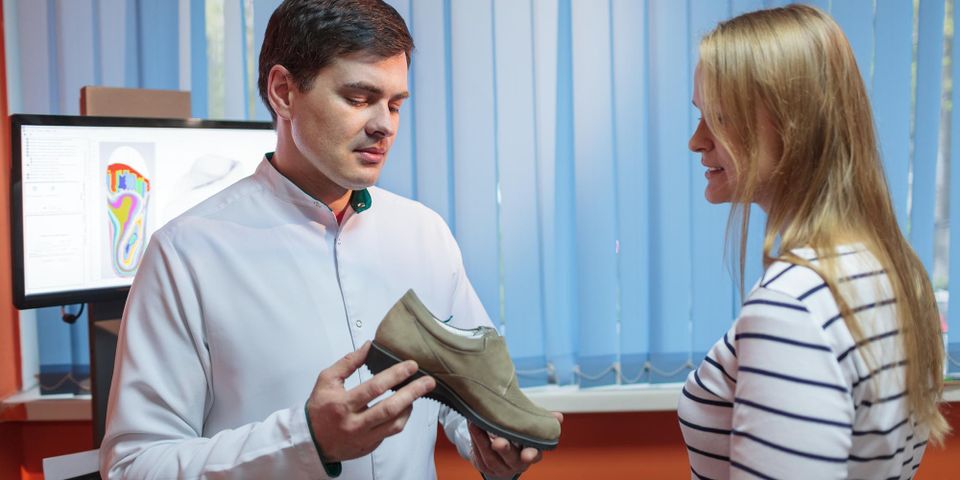FAQ About Diabetic Foot Care

Diabetes stems from the body's inability to process blood sugar, which can cause severe damage to blood vessels. Over time, this damage produces complications of its own, affecting many areas of the body, including the eyes, skin, nerves, kidneys, and heart. The feet are especially vulnerable to diabetes-related issues. To better understand the importance of diabetic foot care, below are answers to a few questions on the subject.
Common Questions About Diabetic Foot Care
How do I take care of my feet?
Wash your feet with soap and water daily, dry them thoroughly, and apply moisturizer. Regularly trim nails, and routinely inspect the feet for sores, discoloration, corns, calluses, or cracked skin; have any concerns promptly checked out by a podiatrist. Protect the feet as much as possible, wearing shoes when outdoors and socks when inside. Maintain regular exercise to promote adequate circulation to the feet.
What is a diabetic foot ulcer?
 A diabetic foot ulcer starts as an open sore or wound that develops into a serious infection. In severe cases, it can lead to amputation of the foot. Because diabetes often compromises blood flow to the feed, you may not feel an ulcer in its earliest stages, when it is a cut or blister, and it may be slow to heal. When you realize the extent of the wound, it might have already become an ulcer, which is why diabetic foot care and daily inspections of the feet are crucial.
A diabetic foot ulcer starts as an open sore or wound that develops into a serious infection. In severe cases, it can lead to amputation of the foot. Because diabetes often compromises blood flow to the feed, you may not feel an ulcer in its earliest stages, when it is a cut or blister, and it may be slow to heal. When you realize the extent of the wound, it might have already become an ulcer, which is why diabetic foot care and daily inspections of the feet are crucial.
What do I do if I have a diabetic foot ulcer?
See a podiatrist as soon as possible. Until then, relieve pressure from the foot as much as possible. Apply bandages as needed to stop bleeding or to contain the discharge. Manage your blood sugar and never assume the ulcer will get better on its own; always seek treatment.
Should I wear special socks or shoes to prevent diabetic foot problems?
These garments provide enhanced protection for the feet, and a podiatrist will ensure you find the best ones for your needs. Diabetic socks improve circulation, while diabetic shoes offer structural support that relieves common pressure points in the feet where ulcers are common.
When you need diabetic foot care, trust St. Peters Foot & Ankle: Samual T. Wood-DPM. Dr. Wood has more than 20 years' experience serving the St. Peters and Florissant, MO, region. He treats a variety of foot issues, including diabetic ulcers, bunions, and ingrown toenails. Call (636) 720-0190 to schedule an appointment or visit the website for more information about his services.
About the Business
Have a question? Ask the experts!
Send your question

